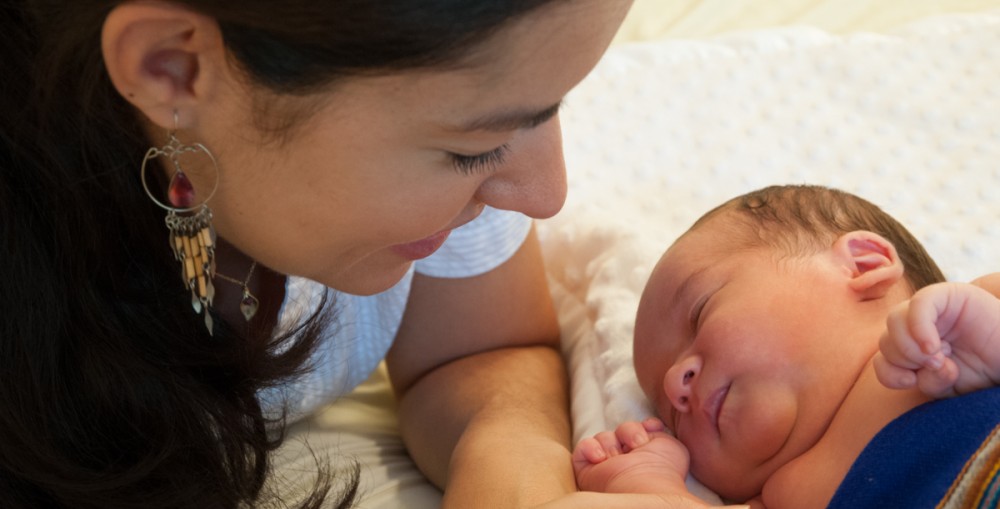The reading about pregnancy and birth in Rajasthan from “Reproductive Agency, Medicine and the State” gave a new perspective about pregnancy and the relationship a baby has with its family, in particular the mother. While many of our readings have spoken to how in many societies males are central to the decision making, I found it very interesting how in this culture they not only decided when and what medical attention was sought out, but the relationship between the mother and the baby. Interestingly though babies here are not considered a real person until they are born; in contrast to Western societies where fetuses are often times considered part of the family before the 2nd trimester. However, it is noted that this is because of the high rates of miscarriage and infant mortality in Rajasthan. Here, women are considered to be the “vessels” for the baby and the men are the “creators” putting more importance on them, furthering the nurturing roles of women in the society. As we have heavily discussed how the head male’s dominance has greatly influenced seeking medical attention in birth there has been little on how a mother see’s the pregnancy and the relationship of seeking medical attention. I have found this perspective of a baby being a “non-person” to be a new insight to this relationship. Mother’s were less inclined to seek medical and prenatal care until they felt the pregnancy would come to term. I feel it is very important to considered cultural aspects like this even though it is still linked to the issue of male dominated society. Education is still the root to improving pregnancy and infant mortality rates. This reading really shows that it is not only important to educate midwives and skilled attendents but educate the mothers. The more they know the more inclined they may be to help/make better decisions about the pregnancy.
Birth and Global Health
